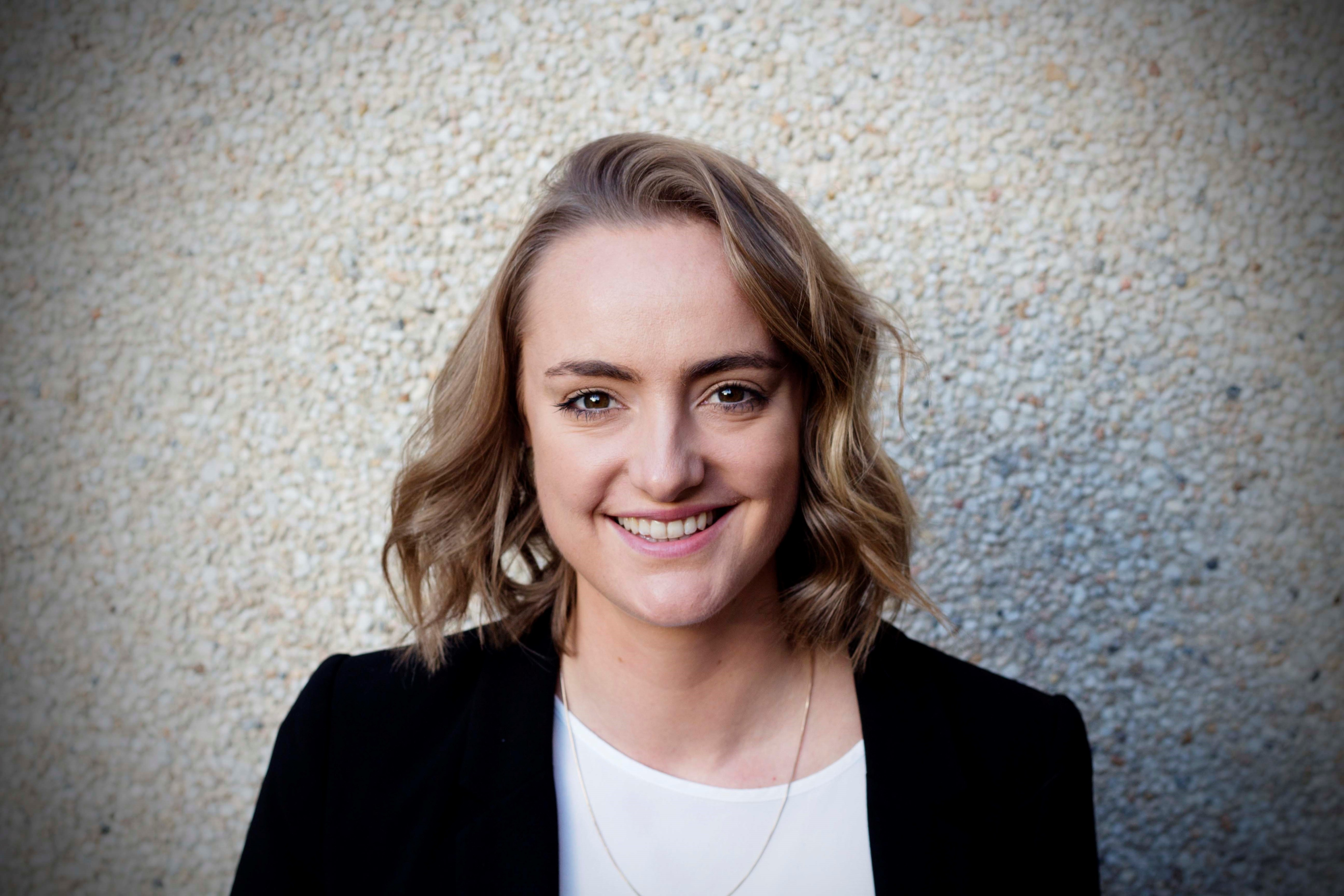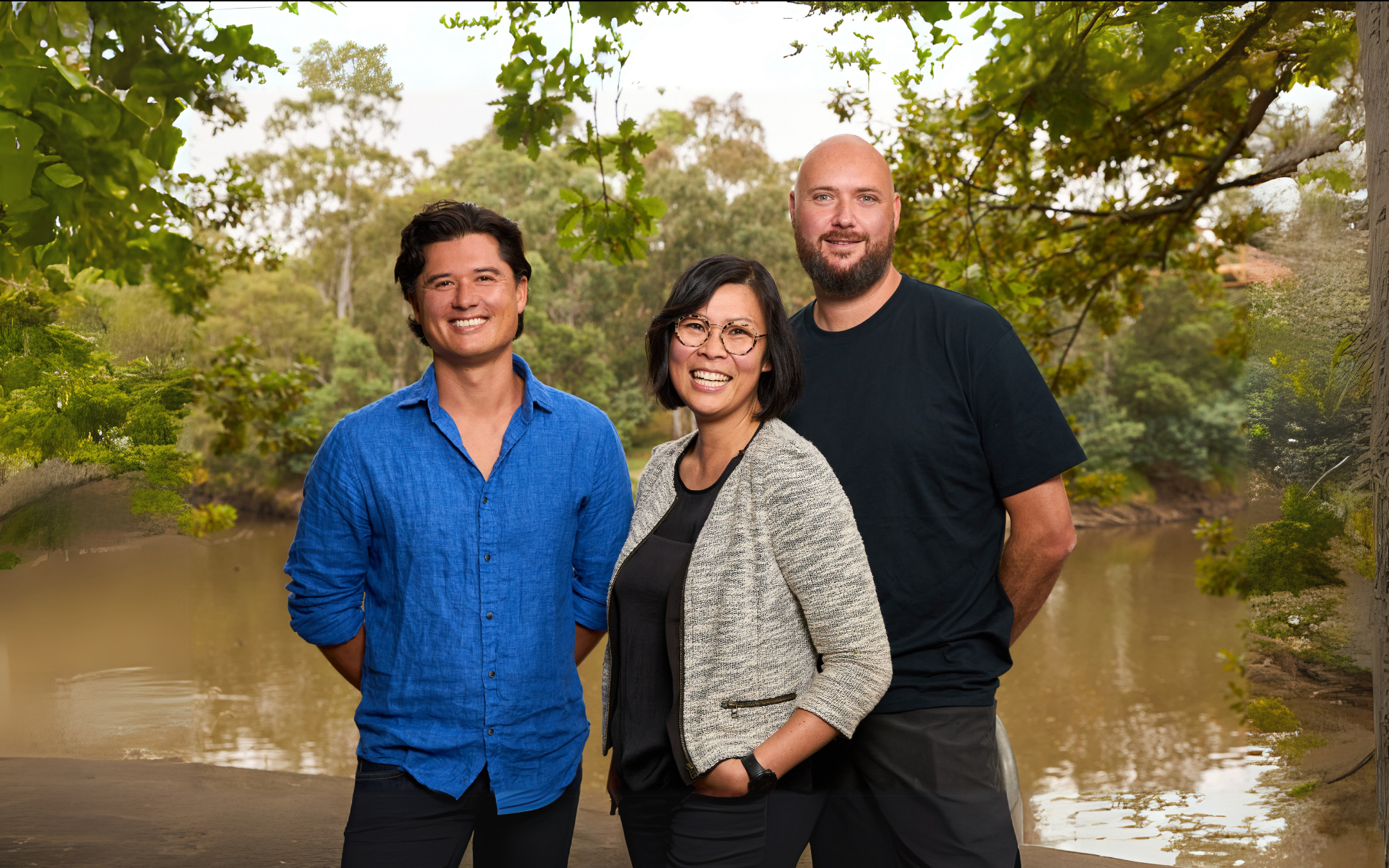Ida Tin is a Danish entrepreneur, author and co-founder of the pioneering menstruation tracking app, Clue. Clue has gained the trust of millions people with cycles worldwide, and currently has over 10 million users and has raised around $70 million, raised from tier one institutional investors as well as thousands of users through their crowdfunding campaign.
In 2016, you coined the term ‘femtech’ to create a more open conversation, particularly among investors. How have you seen the sector change since then?
The sector has thankfully changed a lot, given that it now actually exists! When we were first building Clue, the prevailing view was that women’s health was a niche area. This perception has shifted slowly over time.
This positive shift has encouraged more women founders to start businesses that solve the problems they themselves have experienced. I was one of these founders, and now there are a lot more. It’s great to see more women believe that they can build tech and that, when they see a market opportunity, that opportunity really exists.
Despite this, the tech sector still lacks an awareness of the broad continuum of life and health experiences that people with this biology have. All of these experiences need to be perceived in their totality and that level of holistic understanding just still isn’t there.
I also still see a lot of resistance from investors. Women founders are not automatically granted trust and they face a much higher bar in proving themselves and in educating others. This is incredibly frustrating, particularly when the scale of the problems we’re trying to solve seem so obvious to us.
Do you think the gender of the investors you’re pitching to makes a difference here?
You really need to have that emotional ‘click’ with someone in order for them to invest, and I’ve found that this can be harder to find with male investors when you’re pitching a femtech product.
However, after this, the next level of reasons for someone to say no to an investment could include the scalability of the solution, defensibility, or the need for solid clinical backing – it’s here that I’ve also seen women be very critical. Women investors are very smart and ask hard questions, and women can also carry gender biases.
All women, both founders and investors, need to be extra good in order to make it, so sometimes sitting across from a woman can present a higher bar.
Women founders and founders in the femtech space are often faced with educating investors about the depth and importance of the problem they’re solving. What would you like to see investors do to get up the curve, rather than founders having to shoulder the burden?
I think it’s important that we all ask how we can better educate ourselves.
I see the starting point as investors doing the work to understand the connection between the climate crisis and the social and health problems the world is facing. I’d like to start a think tank to formulate the arguments of how investing in women’s health creates economic wellbeing for society and how this, in turn, positively impacts environmental sustainability. These connections aren’t obvious for a lot of people yet.
Many men also feel that they could be better educated about gender and gender dynamics, but feel that they don’t know how to learn. People can feel stuck in these systems, so placing more pressure on what people ‘should’ do may not actually help. Instead, we need to focus on inspiring education on what the problem really looks like, and by sharing good news stories to lead with what works and what really makes a difference.
I also believe we also need to move away from only measuring making money as the key metric of success. This only leads to bad outcomes. Investors’ focus needs to shift to both profit and impact. In this sense, our collective definition of success needs to change – not only celebrating achieving unicorn status as the highest bar.
We’ve heard countless stories of women, non-binary and gender diverse people’s symptoms being ignored or misdiagnosed when seeking medical care. For example, the average delay for someone to be diagnosed with endometriosis can be over 7 years in Australia. How do you think solutions like Clue help to address this inequity in care?
Solutions that empower women with their health data, including Clue, help solve these problems on three levels.
First, it enables people to know themselves when something isn’t right with their health. People often experience symptoms, including intense pain, and assume that what they’re going through is normal. Tracking your symptoms and having access to reliable data can show you that it isn’t normal to have to lie in the foetal position for a week each month. This patient education piece is key.
Second, women’s symptoms are also often ignored in clinical settings, but when you show this reliable data that you’ve collected over time to your doctor, it carries far more weight. This is incredibly empowering, helping people gain control of their health and get the accurate treatment that they need.
Third, you can also connect the data to see key diagnostic gaps. With more data, healthcare providers can recognise patterns that make it easier for them to correctly diagnose people. All of it is about giving people agency and power back in the healthcare system, as well as the insights that can be found in the broader dataset itself.
What do you see as the most underserved areas in women’s health? Where are the biggest gaps?
I think the biggest gap is contraception. This was my starting point with Clue. As someone with this biology, you don’t just need one contraceptive solution for your whole life. Individuals need different things as they move through the phases of life, and different people need different solutions based on physiology, personal health situations, and social and cultural factors.
There cannot be a one-size-fits all approach, although that’s often how things are approached at the moment. There are so few solutions to choose between and so few new options coming to market. The scale is also massive - we’re talking about roughly half of the global population.
Contraception also represents a huge business opportunity. In 2021, 164 million people of childbearing age did not have access to the contraception they needed. However, many of these people have access to phones, so that means there’s something we can do about it. Unfortunately, the prevailing culture just doesn’t care.
Clue’s core values are privacy, accessibility, and trust. Over the past few years, we’ve seen people become increasingly concerned with transparency on data privacy in the femtech space – particularly in the US following the overturning of Roe v Wade and resulting revocation of the constitutional right to abortion.
Have you seen this trend impact users’ behaviour in Europe, and what are your thoughts on the intersection between health data and women’s safety?
The conversation has a different flavour in Europe. I haven’t experienced any fear of the government – the fear is more around whether or not a tech company is going to exploit your data. I think this fear exists with good reason.
I think the risk here comes down to the ethics of the people making decisions. Consumers are concerned about data leaks, and I’ve experienced an ickiness about, “why am I seeing targeted ads about something that no one should know about is going on in my body”, as a result of the fact that someone – a tech company – has misused their trust.
Very often, tech founders are strongly against regulation, but when it comes to health, most people think this is necessary – and I agree. This is essential to overcome any perverse incentives, where the mechanics of growth for startups are such that it pays off to break the rules.
How did the years you spent riding your motorcycle around the world with your dad and your travel company prepare you for success as a technology startup founder?
I actually spent my whole childhood on the back of my Mum’s motorcycle as well! These experiences gave me a very global perspective on life. Whenever people have a vision, it’s often quite nationalistic, and this makes me roll my eyes. It also humbled me to think about how I might be able to build something that could be helpful to people in very different contexts, which was foundational to starting Clue.
It gave me a sense of how big the world is, but also how many things are shared. I think this is particularly true with reproductive health, which is essential for women’s wellbeing all around the world, as well as the health of society and the planet.
Final question – what does success look like for you? If you take this global view?
I think the whole perspective on success needs to shift, to where a successful company is one that leaves no trace on the planet. We should aim to be able to participate in the world’s ecological systems without disturbing them at all, to be able to flow into them invisibly. In this sense, real success could be invisible.
Otherwise, I think that moving toward solving the problems of wealth and gender inequality, as well as fixing the democratic vacuum of who gets to decide what tech is being built, would also be success.
It’s a privilege to be able to live your life with a narrow scope and to not have to think about the problems that you’re creating around you through your success. This is highly irresponsible, particularly if you’re building tech that has an outsized impact on the planet. I’d like to see some self-reflection on the ethical standards in the tech community, and diversity will play a big part in improving this.
–
You can follow Ida Tin on LinkedIn here and sign up here to be notified when the release date for her upcoming book on Femtech is announced.


.JPG)



%20-%20Edited.jpg)

